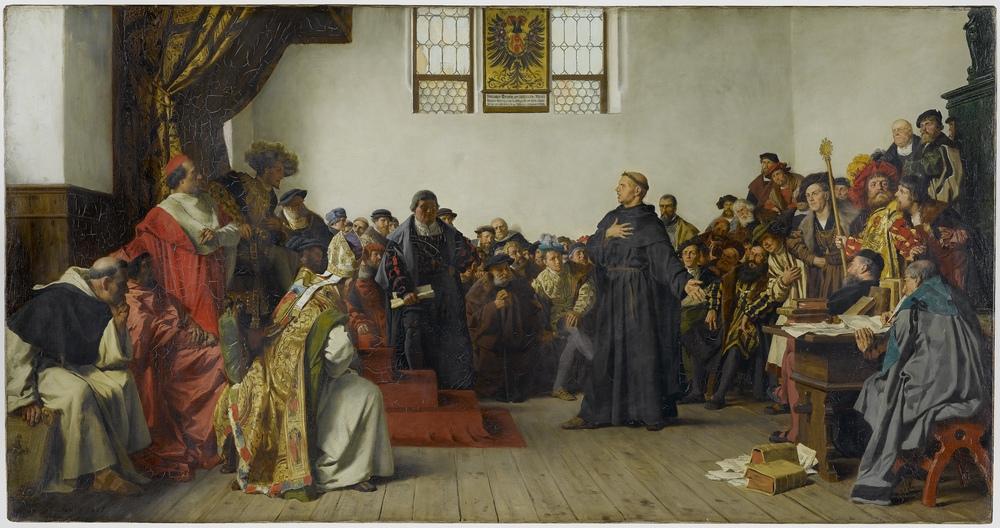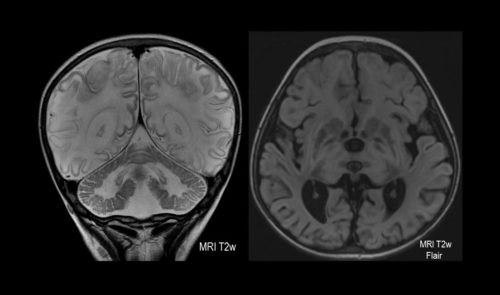
The Reformation half a century ago is deeply embedded in scholarly and popular consciousness as a critical turning point in Western history. The Remembering the Reformation project has helped shape public understanding of the historical event by demonstrating the ways in which it has been remembered, forgotten, contested and reinvented since the 16th century.
The project coincided with the 500th anniversary of the (possibly apocryphal) event that is widely regarded as the initial catalyst of the Protestant Reformation – the nailing of Martin Luther’s 95 theses to the door of the Castle church in Wittenberg in 1517 – and was carried out by an interdisciplinary partnership involving the historians Alexandra Walsham and Cerianne Law at Cambridge and the literary scholars Brian Cummings and Bronwyn Wallace at York University.
Using England as a laboratory, the project explored how the legacies of the Reformation and conflicts over its memory have continued to galvanise, trouble and fragment English society.
Its outputs include a major digital exhibition, educational activities and resources, engagement with curatorial staff in libraries, museums and archives, and public outreach through lectures, workshops and media broadcasts.
The research has influenced how the individuals and institutions that mediate and communicate memory of English religious history view the Reformation as a moment of profound religious and cultural rupture.
By engaging with non-academic custodians and gatekeepers of collective memory, the project has raised public consciousness about how the Reformation has retrospectively been constructed as ‘an historical event’.


